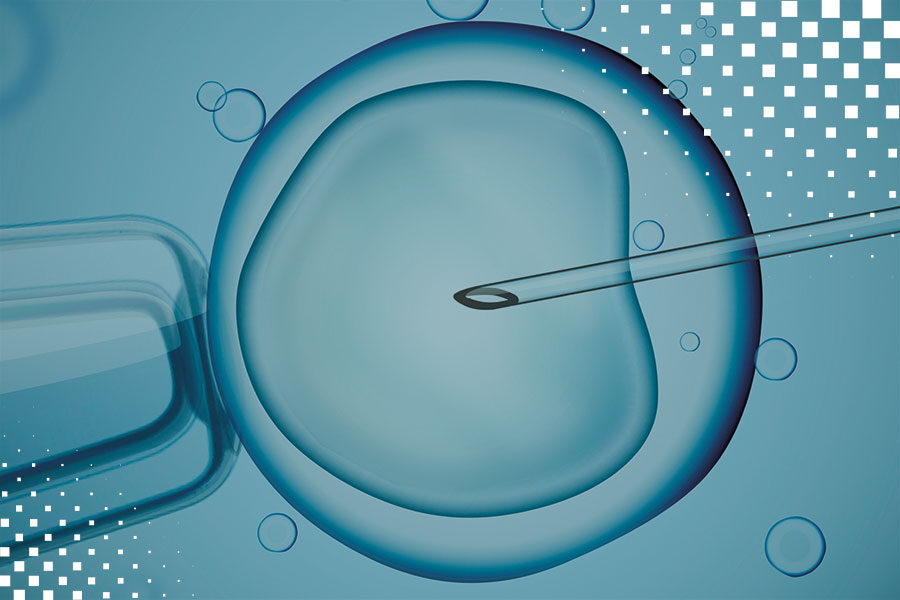Authors: Dr Antoine Abu Musa, Chief Medical Officer, and Dr Luciano Nardo, Founder & President, NOW-fertility
In-vitro fertilisation (IVF) is a fertility treatment in which an egg and sperm are combined outside the body to create an embryo, which is then transferred in the woman’s uterus for implantation. IVF is a multi-step process that involves several stages, carried out by a multi-disciplinary expert team:
Ovulation Stimulation:
The process begins with ovarian stimulation. Fertility medications are used to stimulate the ovaries to produce multiple eggs. Monitoring through ultrasound and blood tests is conducted to track follicle development.
Egg Retrieval:
Once the eggs are mature, a trigger shot is given to induce ovulation. The eggs are then retrieved through a minor surgical procedure called follicular aspiration. This procedure is typically done under sedation or light anaesthesia.
Fertilisation:
On the same day as the egg retrieval, a sperm sample is collected from the male partner. Alternatively, in some cases donor sperm may be used. The harvested eggs are combined with sperm in the laboratory, and fertilisation is monitored. In some cases, intracytoplasmic sperm injection (ICSI) may be used, where a single sperm is directly injected into an egg.
Embryo Culture:
The fertilised eggs, now embryos, are cultured in the laboratory for several days to allow development.
Embryo Transfer:
One or more healthy embryos are selected and transferred into the woman’s uterus for implantation. This is typically done a few days after the egg retrieval.
Luteal Phase Support:
Hormone medications, such as progesterone, are often given to support the uterine lining and increase the chances of successful embryo implantation.
Pregnancy Test:
A pregnancy test is conducted about 10-14 days after the embryo transfer to determine if the procedure was successful.
The entire IVF process takes up to 3 weeks, with the specific timeline varying from person to person.
IVF is used for the treatment of infertility due to a variety of causes such as blocked Fallopian tubes, low sperm count, unexplained infertility, endometriosis, and PCOS. In addition, couples with a risk of passing on genetic disorders may opt for IVF with preimplantation genetic testing (PGT) to screen embryos for specific genetic conditions before implantation.
If you are considering IVF treatment, contact us to find out how we can help you.







